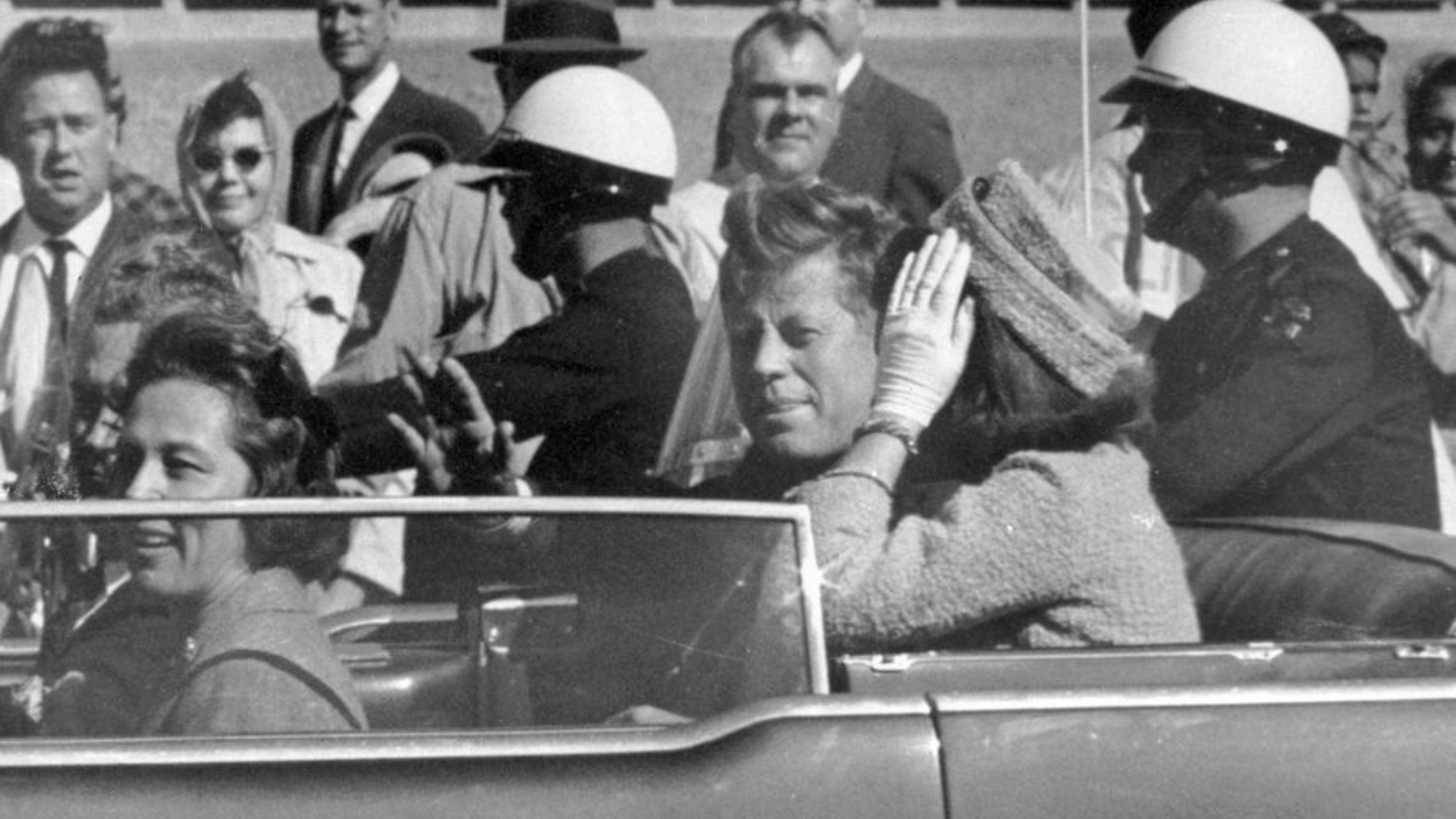ANKARA, TURKEY (CNN) — Turkish authorities arrested at least 29 people in anti-terror raids and fighter jets struck Kurdish separatist targets in Iraq on Monday, a day after a car bomb exploded in the capital of Ankara, killing at least 37 and wounding scores more.
Turkey’s semiofficial Anadolu agency reported the terror sweeps and airstrikes.
Four people have also been detained in the southeastern city of Sanliurfa in connection with the vehicle used in the bombing, Anadolu reported.
Security forces said the vehicle was purchased there, the news agency said.
Turkish President Recep Tayyip Erdogan has vowed to bring those responsible for Sunday’s attack to justice, saying the country will bring “down terror to its heel.”
“Terror organizations and their pawns are targeting our innocent citizens in the most immoral and heartless way as they lose the fight against our security forces,” Erdogan said in a statement.
“Terror attacks — which intend to target the integrity of Turkey, unity and solidarity of our people — do not diminish our will to fight against terror, but further boost it.”
As of Monday, the death toll stool at 37, Anadolu reported, citing Health Minister Mehmet Muezzinoglu. Another 125 were injured, Anadolu said.
The death toll could include one or two attackers, the health minister said.
The explosion apparently targeted a transportation hub, Anadolu reported.
Last week, the U.S. Embassy in Ankara warned of a plot to strike government buildings not far from Sunday’s attack site.
“I suspect (the government) had some indication that there was going to be an attack … but they probably weren’t able to narrow it down,” CNN military analyst Rick Francona said. “The U.S. Embassy decided to err on the side of caution and go out and put out the warning anyway.”
Authorities haven’t released details about who they believe was behind the blast.
“It’s too early to talk about who carried out this attack. The investigation is ongoing,” a senior Turkish official said. “Our priority right now is the wounded.”
Change of focus
But, according to Anadolu, the terror sweeps and airstrikes targeted members and facilities of the Kurdistan Workers’ Party or PKK — a separatist group that has been responsible for other attacks in Turkey, including a February blast that targeted military vehicles and killed 28 people.
In the airstrikes, Turkish fighter jets hit weapons caches, bunkers and other facilities of the PKK in northern Iraq, Anadolu reported.
Meanwhile, police conducted raids in Istanbul and in the provinces of Eskisehir and Adana, Anadolu reported. In Istanbul, authorities charged 15 people with making PKK propaganda and insulting state officials, the agency reported. Police recovered three shotguns, a handgun and ammunition, the agency said.
Curfews were declared for two areas of southern Turkey, imposed “due to escalating terror activity in the region” and to ensure the “security of citizens’ lives and property,” according to the news agency, quoting statements from the governors’ offices of Hakkari and Mardin provinces.
Assigning responsibility for the attack could be difficult, but it could stir Erdogan to take an even tougher stance toward Kurdish separatists, CNN intelligence and security analyst Robert Baer said.
“Erdogan is already a bit of an authoritarian, and this is going to push him into a full-on war with the Kurds,” he said.
Media restrictions
Following the attack, the Turkish Radio and Television Supreme Council banned the broadcast of any images showing the moment and direct aftermath of the explosion. It also barred graphic images such as of dead bodies at the scene of the attack.
The Internet watchdog banned the release of video and photos of the blast on social media. Some inside the country — including CNN’s team on the ground — could not access Facebook or Twitter for hours after the blast.
Turkey has banned social media sites in the past.
The-CNN-Wire ™ & © 2016 Cable News Network, Inc., a Time Warner Company. All rights reserved. (Photo: CNN)





















